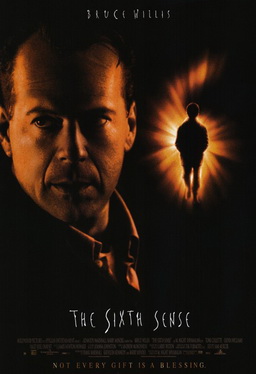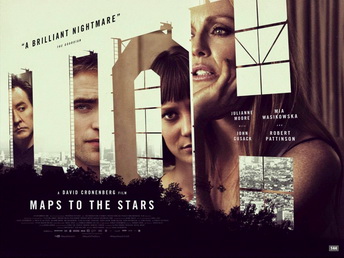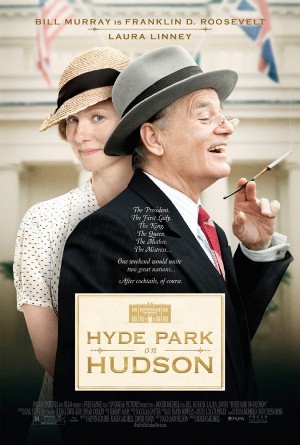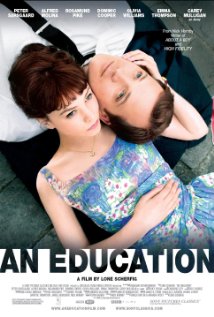Continuing with my efforts to get caught up on the major films that I saw in 2017, here are my reviews of four biopics! Two of them are very good. One of them is so-so. And the other one … well, let’s just get to it…
All Eyez on Me (dir by Benny Boon)
All Eyez On Me is a movie that I think a lot of people had high hopes for. It was a biopic about Tupac Shakur, who died over 20 years ago but remains one of the most influential artists of all time. Starring Demetrius Shipp, Jr. (who, if nothing else, bore a strong physical resemblance to Tupac), All Eyez on Me followed Shakur from his youth as the son of activist Afeni Shakur (Danai Gurira), through his early stardom, his political awakening, his time in prison, his eventual association with Suge Knight (Dominic L. Santana), and his still unsolved murder in Las Vegas. Along the way all of the expected people pop up. Kat Graham plays Jada Pinkett and tells Tupac that he’s wasting his talent. Someone who looks nothing like Dr. Dre is introduced as being Dr. Dre. Another actor wanders through a scene and says his name is Snoop Dogg. The film last 2 hours and 20 minutes, with some scenes feeling oddly rushed while other drag on interminably.
The main reason why All Eyez On Me fails is that, unlike Straight Outta Compton, All Eyez on Me never figures out how translate Tupac’s legacy into cinematic form. For instance, when I watched Straight Outta Compton, I probably knew less about NWA than I knew about Tupac Shakur when I watched All Eyez On Me. But then there was that scene where NWA performed “Fuck That Police” while surrounded by the police and, at that moment, I understood why NWA deserved their own movie. There’s no comparable scene in All Eyez On Me, which gets so bogged down in going through the usual biopic motions that it never really comes to grips with why Tupac is such an iconic figure. Combine that with some less than stellar performances and some amazingly awkward dialogue and the end result is a film that is massively disappointing.
Maudie (dir by Aisling Walsh)
Maudie tells the story of Maud Lewis, a Canadian woman who found fame as a painter despite suffering from crippling arthritis. Working and living in a one-room house with her husband, a fisherman named Everett (Ethan Hawke), Maud Lewis’s paintings of flowers and birds eventually became so popular that one was even purchased by then-Vice President Richard Nixon.
Maudie is a very special movie, largely because of the incredibly moving performance of Sally Hawkins in the role of Maud. As played by Hawkins, Maud may occasionally be meek but she never surrenders her dream to create something beautiful out the often harsh circumstances of her life. Hawkins not only captures Maud’s physical struggles but she also captures (and makes compelling) the inner strength of this remarkable artist. Ethan Hawke also gives a remarkable performance as the gruff Everett. When you Everett first appears, you hate him. But, as the film progresses, Hawke starts to show hints of a sensitive soul that’d hiding underneath all of his gruffnes. In the end, Everett is as saved by Maud’s art as is Maud.
Directed by Aisling Walsh, this is a low-key but all together remarkable and touching film. If Sally Hawkins wasn’t already certain to get an Oscar nomination for Shape of the Water, she would definitely deserve one for Maudie.
A Quiet Passion (dir by Terrence Davies)
You would be totally justified in assuming that this film, a biopic of poet Emily Dickinson, would have absolutely nothing in common with The Last Jedi. However, believe it or not, they actually do have something very much in common. They are both films that, on Rotten Tomatoes, scored high with critics and not so high with audiences. When last I checked, it had a 93% critical score and a 51% audience score.
Well, you know what? Who cares? The idea that you can judge a film’s worth based on an arbitrary number is pure evil, anyway.
Personally, I’m not surprised to hear that audiences struggled with A Quiet Passion. It’s a very challenging film, one that is more concerned with mood than with traditional narrative. The film is much like Dickinson herself: dark, uncompromising, sharply funny, and, on the surface, unconcerned with what people might think. Much as how Dickinson retreated into her Amherst home, the film retreats into Dickinson’s head. It’s not always the most pleasant place to hide out but, at the same time, it’s so alive with creativity and filled with such a sharp wit that it’s tempting never to leave.
In the role of Emily, Cynthia Nixon gave one of the best performance of the year, bringing Emily to uncompromising life. Neither the film not Nixon ever make the mistake of sentimentalizing Dickinson. Her pain is just as real as her genius. Ultimately, though, both Nixon’s performance and A Quiet Passion stands as a tribute to Emily’s own quiet passion.
Much like Emily Dickinson’s poetry, A Quiet Passion will be appreciated with time.
Victoria & Abdul (dir by Stephen Frears)
If there’s ever been a film that deserves to be known as “generic Oscar bait,” it’s Victoria & Abdul.
Don’t get me wrong. It’s not a bad movie or anything like that. Instead, it’s a very respectable film about Queen Victoria (Judi Dench) and her servant, Abdul Karim (Ali Fazal), an Indian Muslim. While the rest of the royal court is scandalized by Victoria’s close relationship with the foreigner, Karim teaches the Queen about the Koran and encourages her to enjoy life. The royal court is played by the usual collection of distinguished actors who always appear in movies like this: Simon Callow, Tom Pigott-Smith, and Michael Gambon. Victoria’s heir is played by Eddie Izzard, which should tell you all you need to know about how the future Edward VII is portrayed.
As I said, it’s not a bad movie as much as it’s just not a very interesting one. You know that Abdul and Victoria are going to become close. You know that the Royal Court is going to be a bunch of snobs. You know that Victoria is going to get a chance to express anti-colonial sentiments that she must surely never actually possessed. Indeed, whenever the film tries to make any sort of larger statement, all of the characters suddenly start talking as if they’re from 2017 as opposed to the late 1800s.
This is the second time that Judi Dench has played Victoria. Previously, she played the Queen in a film called Mrs. Brown, which was about Victoria’s friendship with a Scottish servant. Apparently, Victoria got along well with servants.














 —-
—-